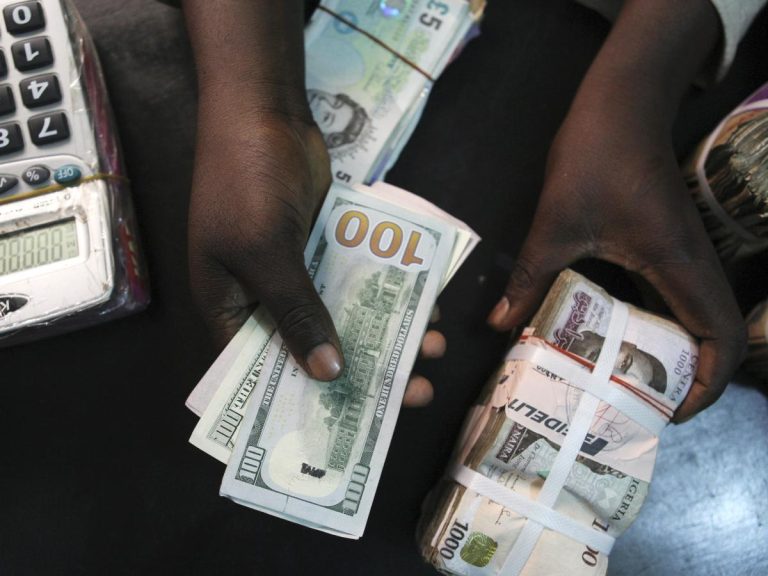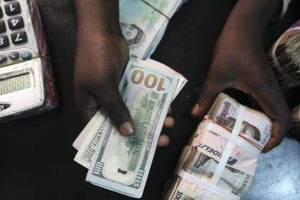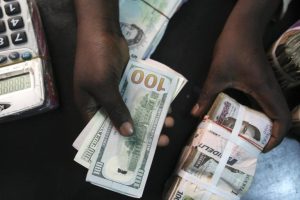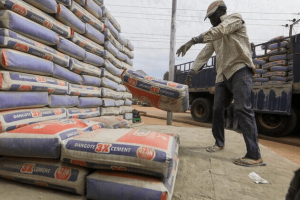
The exchange rate between the United States dollar (USD) and the Nigerian naira (NGN) continues to fluctuate across different segments of the foreign exchange market.
As of yesterday, Monday, August 4, 2025, the value of the naira against the dollar in the Lagos Parallel Market, commonly referred to as the Black Market or Aboki FX, is as follows:
- Buying Rate: ₦1,565 per $1
- Selling Rate: ₦1,570 per $1
These figures are based on information gathered from local traders and operators at various Bureau De Change (BDC) outlets across Lagos.
Official Dollar to Naira Exchange Rate – Central Bank of Nigeria (CBN)
While the black market remains widely used by individuals and small businesses due to limited access to foreign exchange through official channels, it’s important to note that the Central Bank of Nigeria (CBN) does not endorse or recognize parallel market transactions.
According to data from the CBN as of today:
- Highest CBN Rate: ₦1,535 per $1
- Lowest CBN Rate: ₦1,532 per $1
The CBN continues to encourage individuals, businesses, and investors seeking foreign exchange to do so via licensed commercial banks and approved financial institutions rather than informal market sources.
Important Notice on Exchange Rate Variations
Please be aware that foreign exchange rates are subject to constant fluctuations influenced by factors such as demand and supply, inflation, monetary policies, and global economic conditions. Therefore, the actual rate at which you buy or sell dollars may differ slightly from the rates mentioned above depending on the location, volume of transaction, and negotiation with the trader.
Why the Difference Between Black Market and CBN Rates?
The disparity between the CBN and black market exchange rates largely stems from the mismatch between the high demand for dollars and the limited supply available through official channels. This has forced many Nigerians especially importers, students studying abroad, travelers, and small businesses to resort to the parallel market to meet their forex needs.
As the government continues to implement monetary reforms to stabilize the naira, stakeholders are closely watching the market for any policy shifts that might affect exchange rate dynamics in the coming weeks.





